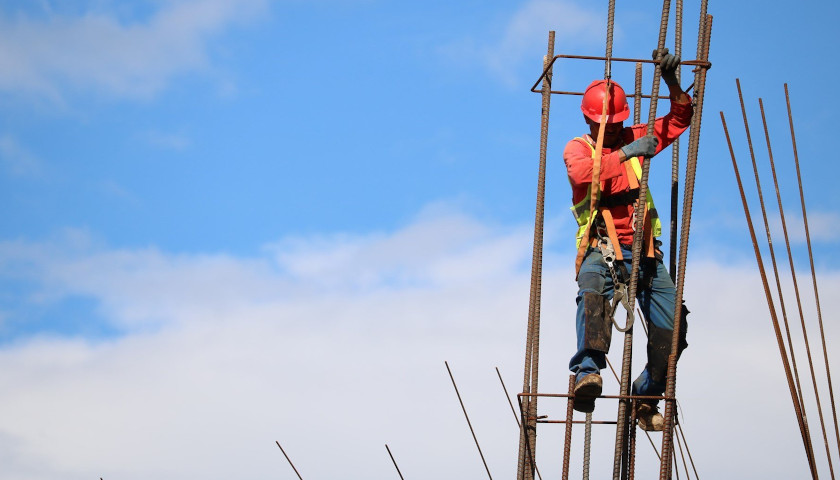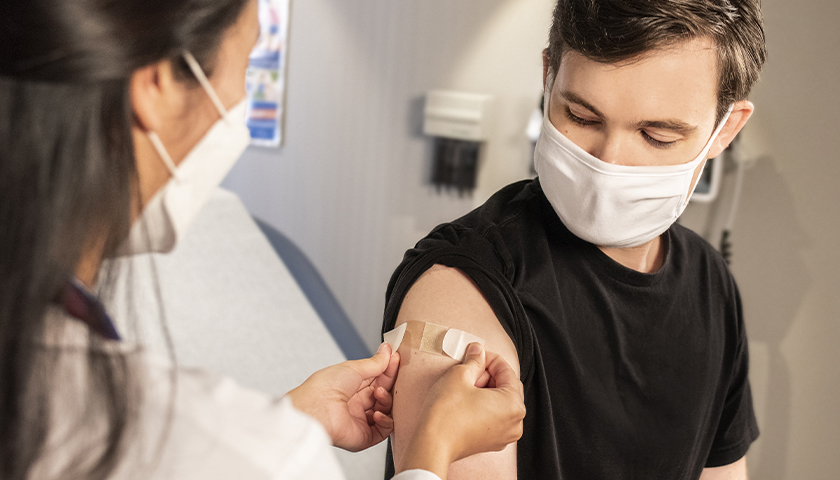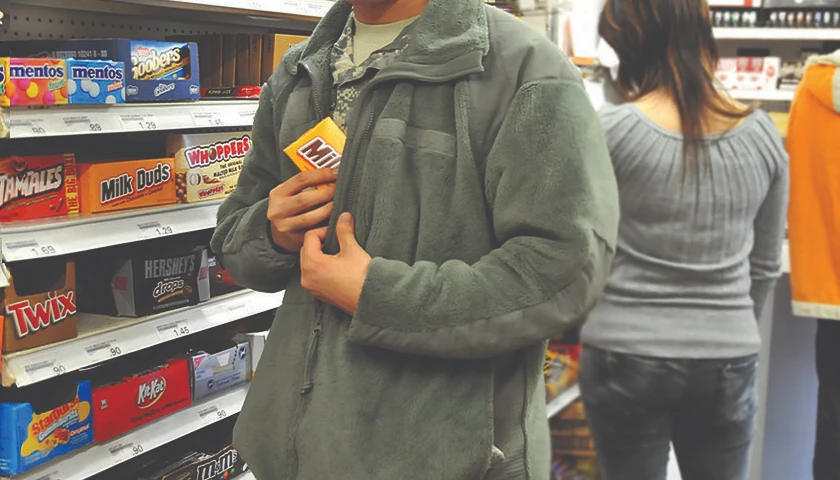by Zilvinas Silenas
Some 100 million people in China are now back in lockdown as fears of a second wave surge. Now that the US and the rest of the world is opening up, the probability of infection will most likely go up, as will the number of infections. What does that mean for the economy?
First, uncertainty and fear of another lockdown will negatively influence business decisions and overall economic recovery. Even if your business survived the first wave, would you be willing to go all in, invest, rehire people, renew leases, etc., if you think you will be shut down in the autumn?
Second, we should not underestimate how much the fear of the actual virus also influences people’s behavior. Even if there were no lockdowns, some people would avoid eating out, going on holidays or even trips to the barber shop. Some people will continue their changed behavior even if all restrictions were lifted, which means that for some businesses there will be no going back to business as usual, because there will be no business left.
Third, people tend to get more risk-averse or skittish after financial uncertainty shocks, which is only natural. Some people will be more frugal with their money, think twice whether they want to take out a loan to buy a new car if the current one is still running. Frugality is a virtue and helps in the long term. But in the short term it means that for some businesses going back to business as usual will be a process rather than an instantaneous snapback.
Speaking of processes, going back into business is not without extra costs. There exists numerous recommendations on how to ensure that even in places with low probability of infection (i.e. offices) the employees are protected. Recommended regular cleanings, plexiglass separators etc.—those cost money.
Moreover, in a litigious nation, no employer is sure whether he will not be held responsible if someone gets sick. It is entirely possible that many companies are concerned that some time in the future someone will judge that an employer was acting too rashly, not cautiously enough, and is therefore liable for damages. When the decision-making process stops being guided by common sense and switches to “how to avoid a lawsuit,” you can expect some businesses to be very cautious.
Against all these setbacks, and expectations of a second, third, or whichever wave, people need to work and create again, or the economy will grind to halt. People want to return to the jobs they still have.
If we are talking multiple waves, the whole language of the CARES Act of a one-time extraordinary payment in an extraordinary time starts sounding silly.
In essence, stimulus checks are mere painkillers that mask the actual source of pain—people forced to not to work. Their effect is limited, temporary, and in the worst cases, addictive. Protracted periods of many people forced to do nothing destroys the economy, impoverishes taxpayers, and gives a dangerous amount of power to politicians.
The government could provide a stimulus by an absolutely aggressive removal of all unnecessary rules, regulations, licenses and certifications that serve purposes not of public safety, but merely barriers to entry. No one is talking about allowing practicing heart surgery without education and skills here. But why forbid medical professionals to practice across state lines? As for licensing hair braiding or arranging flowers—these regulations have no merit and should have been scrapped long ago. This is no panacea, but it would help more than all the stimulus checks.
Finally, economies are resilient when people can quickly switch from doing what is no longer needed to doing what is demanded. There is no way to isolate people from what is happening in the world by showering them with newly printed money. Flexibility, not rigidity provides strength, and that is a recipe for dealing with future shocks. If we use the COVID crisis as an opportunity to make the economy flexible and resilient, we will come out of this, economically bruised but not beaten, and prepared for however many more waves there might be.
– – –
Zilvinas Silenas became President of the Foundation for Economic Education (FEE) in May 2019. He served from 2011-2019 as the President of the Lithuanian Free Market Institute (LFMI), bringing the organization and its free-market policy reform message to the forefront of Lithuanian public discourse. In that role, he and the LFMI won two prestigious Templeton Freedom Awards (2014 and 2016) for Municipality Performance Index and the Economics in 31 Hours textbook, now used by 80% of Lithuanian high school students. Silenas holds degrees in economics from Wesleyan University and the ISM University of Management and Economics, and has served in numerous teaching and advisory roles. He and his wife Rosita live in Atlanta where they enjoy exploring the outdoors, attending social functions, and the occasional pickup basketball game.






The question isn’t whether the economy can handle another round of the CCP viral disease designated as Covid-19. The question is, can the economy handle another round of media hyped, government forced economic kidnapping?
I believe that President Trump will resist any sort of across the board shutdown and that Governor Lee will follow suit. Now saying this, there is ZERO doubt that the media will inflame even an “outbreak” of one case into looking like it’s a mass extinction event!
The real question is – Can America survive another round of lockdown based upon faulty data and outrageous modeling? The answer to that salient question is another question – “Why should Americans have to even worry about another attempt to control their lives?”.
The CDC reports that the leading cause of death in the US for people 1-54 years of age is car accidents. If we can accept these deaths and not advocate doing away with cars why can’t COVID deaths be factored into our annual death statistics and go on with life and our economy?
Because by temporarily stopping the economy, it might be possible to permanently stop the virus. New Zealand did it, and if it wasn’t for the whiners here, and some backbone, we could have done it too.
First, it remains to be seen whether New Zealand has, in fact, “permanently” stopped the Wuhan/CCP virus.
Second, to paraphrase Benjamin Franklin, anyone who surrenders their liberty — as New Zealanders apparently did — in exchange for alleged “safety”– whether from this virus or some other danger –deserves neither and will surely end up losing both.
Taking this course of action is not a sign of having a backbone, but rather the complete lack of one.